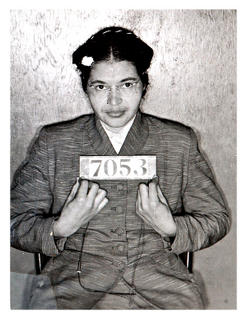If you're wondering why we do this, the go-to person seems to be one Michael Downing, who about sixth months ago (just in time for the previous clock change) published a book called Spring Forward: The Annual Madness of Daylight Saving Time. I haven't read his book yet (it's the middle of the night and for some reason all the bookstores and libraries in Ithaca are closed... maybe we can do something about that, eh?) but reviews of his book which summarize his findings can be found here, here and here. The answer turns out to be rather more of a mess than one would think or than commonly-held theories have it (there's no hard proof it saves energy, the Government did mandate it during WW1 (and WW2) but rescinded those laws once the wars ended, and farmers were the practice's strongest foes). Based on what he says in this radio interview, it sounds like it was tied in with the establishment of standard time (time zones rather than each locale setting time by the sun), which was motivated by the railroads in the late Nineteenth Century but only mandated by the Government during WW1. Somehow daylight savings time got slipped in there. Despite opposition from farmers and others, it had its constituencies (e.g. major league baseball, who liked the extra time for games).
It still seems to be a point of some contention, incidentally. There is an advocacy site here against instituting daylight saving time in Queensland, Australia; and there is a petition here to end it altogether in the U.S. -- or, rather, to end it in half the country and make it permanent in the other half, thereby creating a two-time zone U.S. rather than a four-time zone one. Not quite the same thing I suppose.
Interestingly, Googling around about this I found out that, starting in 2007, Daylight Saving Time has been extended so that it will start on the second Sunday in March and not end until the first Sunday in November. All part of Dick Chaney's glorious energy bill. It was earlier extended (from the last Sunday in April to the first) by Ronald Reagan. Guess those Republicans just love daylight.
And if you follow all those links you, like I, can spend the 'extra' hour from this fall learning about why you have it in the first place.
This idea [standardized time zones] was first advanced and fought for by Sandford Fleming of Canada and Charles F. Dowd of the United States. I mention them chiefly because like so many benefactors of mankind they have been rewarded by total obscurity.
--Isaac Asimov, “The Times of Our Lives” (in Science, Numbers and I)
